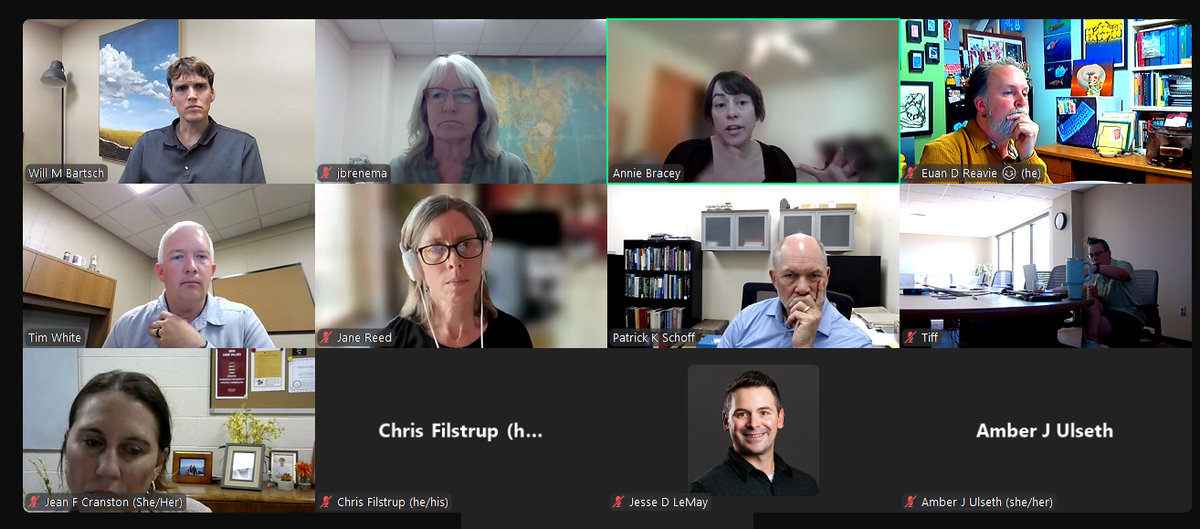NRRI researchers and staff are innovators. They boldly seek out new ideas, experiment with new technologies and push the envelope in their fields.
In fiscal year 2024, NRRI deployed over $3 million in internal funding to propel research creativity and productivity by ensuring researchers have the facilities, equipment, and resources they need.

Researchers can pursue project funding through an internal competitive pitch grant process that was initiated in 2020. In September, five new proposed projects were on stage. The researchers had five minutes to “sell” their colleagues on the need for, and potential impact of, their project.
“NRRI is fairly unique in providing this recurring internal funding opportunity,” explained Will Bartsch, NRRI Research Group Leader, who also organizes the internal funding pitch events. “Our researchers appreciate the opportunity to pursue this funding as it allows them to innovate, push their science forward, and ultimately be more competitive for external funding.”
A rotating panel of senior researchers and research group leaders evaluate the projects’ alignment with NRRI’s strategic goals, breadth of multidisciplinary approach and potential for future external funding.
The September 2024 pitch event included proposals to:
- Use Artificial Intelligence-driven geospatial analysis to better understand water quality dynamics in Minnesota’s lakes.
- Evaluate the use of environmental DNA technologies to monitor mercury levels in the threatened common tern.
- Update an existing forest bird database to ensure the data is secure, easily managed, and accessible to NRRI researchers and partners.
- Understand how dramatic forest changes driven by both invasive and native species impact hydrology and food webs in the spring ponds and streams of Minnesota’s northern forests.
A separate finance team considers fund requests for facility and technology upgrades and grant-matching funds. More than $600,000 of internal funding was deployed in fiscal year 2024.
Since the “Shark Tank” pitches began in the fall of 2022, 23 project proposals have been pitched and 19 have been funded. These internal funds allow researchers to generate new data to support integrated research that can seed larger projects, improve productivity and spur federal investment.
The internal funding has provided a unique training opportunity for early career scientists and testing ground for senior researchers to extend their work in new directions.
“We’re really pleased with the success of this program,” said NRRI Executive Director Rolf Weberg. “Ultimately, this investment makes our staff more competitive in the pursuit of external grant funding as we fulfill our mission to the state and nation.”
IMAGE TOP: NRRI leaders listen to researcher Annie Bracey pitch her research proposal.
